Peterson Academy – Andrew Doyle – The Shakespearean Tragedies
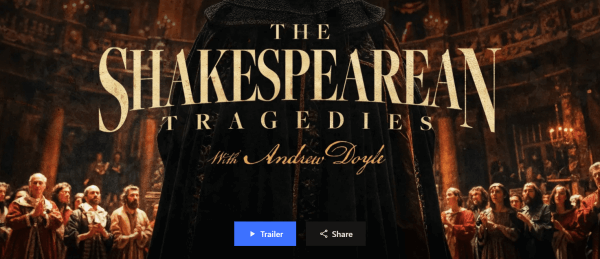
Dr. Andrew Doyle
Writer
In The Shakespearean Tragedies, an eight-hour course, Dr. Andrew Doyle guides us through the genius of William Shakespeare, exploring the historical context that shaped his works and his unmatched talent for creating complex, timeless characters. We examine the themes, subversions, and intricacies of plays like Hamlet, King Lear, Macbeth, Romeo and Juliet, Antony and Cleopatra, and Julius Caesar. The course emphasizes Shakespeare’s mastery of language, deep insight into the human heart, and his ability to challenge audiences, cementing his lasting influence on literature and culture.
Lectures
1. The Bard’s Beginnings
In our first lecture, Dr. Andrew Doyle introduces us to the unique historical circumstances that allowed Shakespeare’s genius to flourish and explores why his works have never been surpassed. We examine how the emergence of public theaters in London, the influence of university-educated playwrights, and the thirst for national pride in literature created the perfect conditions for Shakespeare’s arrival in 1587. The lecture emphasizes Shakespeare’s unparalleled ability to create complex, ambiguous characters that transcend the confines of genre and continue to resonate with audiences across time.
2. Hamlet’s Haunting
In lecture two, we delve into Shakespeare’s Hamlet, exploring the play’s themes of revenge, melancholy, and the protagonist’s unsuitability for the role of avenger. The lecture examines how Hamlet’s idealism is shattered by his mother’s hasty remarriage, leading to his existential crisis and feigned madness, and how Shakespeare subverts the conventions of revenge tragedy through Hamlet’s delays and philosophical musings.
3. Lear’s Lament
In lecture three, we learn about the complexities of Shakespeare’s King Lear, exploring its themes of tragedy, nihilism, and the possibility of redemption amidst relentless suffering. Dr. Doyle examines how Shakespeare subverts traditional notions of poetic justice and happy endings, instead presenting a bleak world where the worst fates befall the most virtuous characters, ultimately asking whether there can be meaning in such a godless and cruel universe.
4. Macbeth’s Madness
In lecture four, we dive into the dark and complex world of Shakespeare’s Macbeth, exploring themes of fate, free will, and the psychological descent into evil. Dr. Doyle examines the role of the witches, the influence of Lady Macbeth, and the historical context of the play, particularly its resonance with King James I, ultimately highlighting the unique and unsettling experience the play offers its audience.
5. Restless Romance
In lecture five, we turn to Shakespeare’s depictions of love in his two great love tragedies, Romeo and Juliet and Antony and Cleopatra. Through a close examination of the language and poetry in these plays, we see how Shakespeare captures the transcendental, all-consuming nature of love, elevating it beyond mere lust or infatuation to a metaphysical realm. The lecture highlights how Shakespeare’s unparalleled ability to articulate the inexpressible emotions of love has solidified the enduring appeal and timelessness of these works.
6. Caesar’s Consequences
In lecture six, we are presented with Shakespeare’s complex portrayal of populism and political upheaval in his Roman tragedy Julius Caesar. We examines how Shakespeare raises provocative questions about the morality of rebellion and the unpredictable consequences of mob violence, while refraining from providing clear-cut answers or taking sides in the conflict between Caesar and his assassins. The lecture highlights Shakespeare’s mastery of rhetoric and his ability to challenge the audience’s assumptions, leaving them to grapple with the play’s ambiguities long after the curtain falls.
7. Othello’s Ordeals
In our seventh and final lecture, we examine Shakespeare’s profound understanding of the human heart, especially in his portrayal of villains and evil. Focusing on Iago in Othello, Dr. Doyle shows how Shakespeare crafts complex, dynamic villains grounded in reality, reflecting aspects of our own humanity. The lecture explores Iago’s motivations, manipulative tactics, and the tragic outcomes of his actions, offering a deep commentary on love, jealousy, and the inexplicable nature of evil. Dr. Doyle concludes our course by emphasizing that what makes Shakespeare truly special is his unparalleled imagination and genius, which allowed him to write convincingly about every level of society and its complexities.









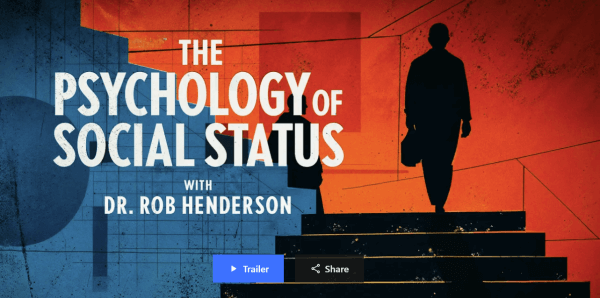
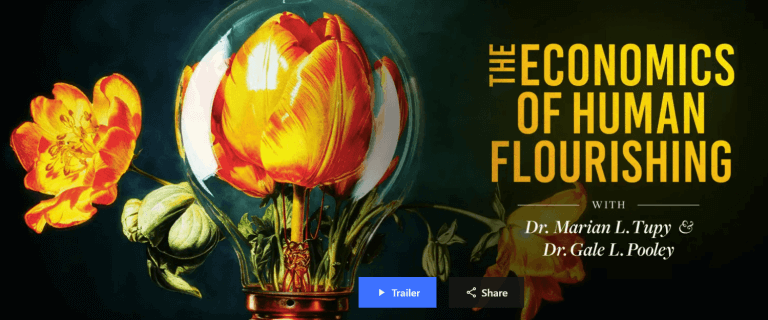
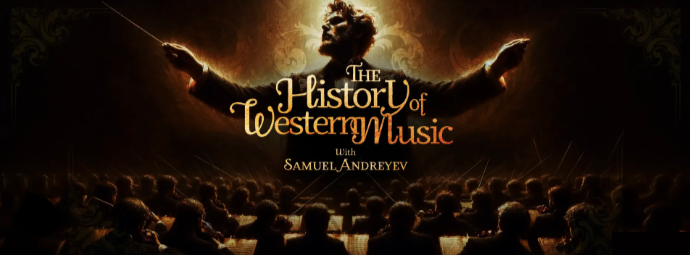
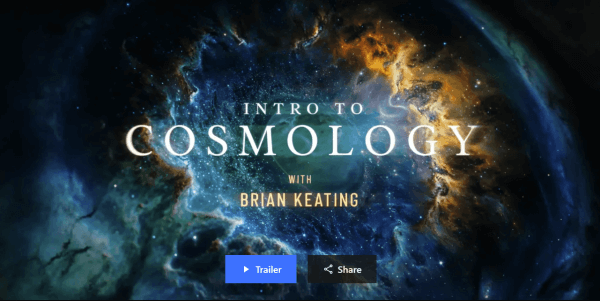
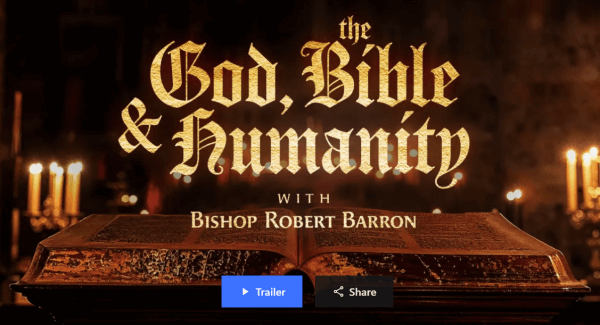
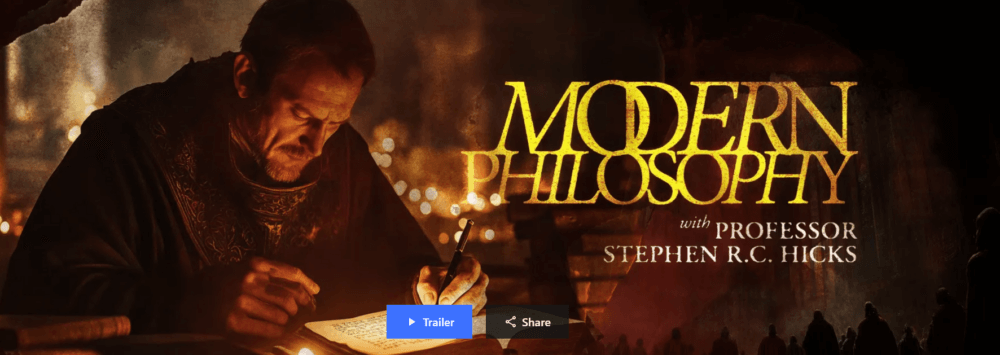

Reviews
There are no reviews yet.